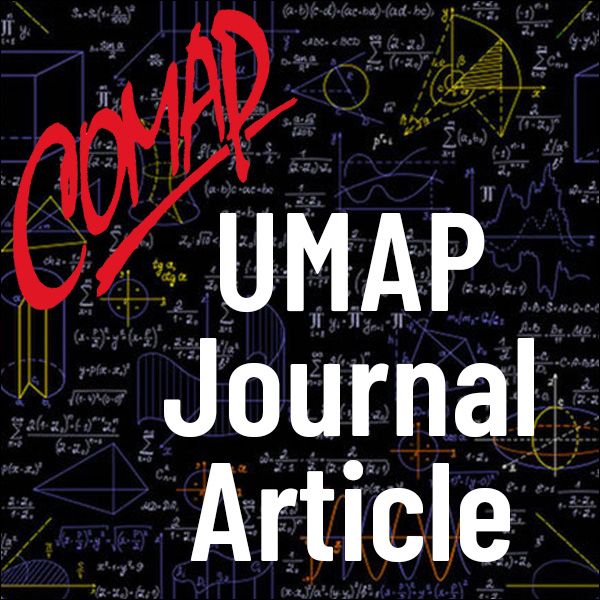The Effect of Brexit on EU Voting Power
Author: Dayton Steele and Kathy W. Hoke
Abstract
The Treaty of Lisbon, the latest treaty governing law-making in the European Union (EU), went fully into effect in 2014.
Since then, the United Kingdom (UK) has petitioned to leave the European Union, based on a 2016 referendum in the UK (that exit is colloquially referred to as "Brexit").
We use two power indices from game theory literature, the normalized Banzhaf index and the Shapley-Shubik index, to give insight into current voting power and then to understand redistribution of power when the UK exits.
Analyzing voting power in the Council of Ministers, we leverage generating functions to help with computation. We assess how equitably power is distributed with and without the UK by tying our power indices to the Gini index, originally developed to measure how equitably income is distributed. We show that the system displays only slightly more equitable distribution of power despite the departure of such a critical member state.

Mathematics Topics:
Application Areas:
You must have a Full Membership to download this resource.
If you're already a member, login here.